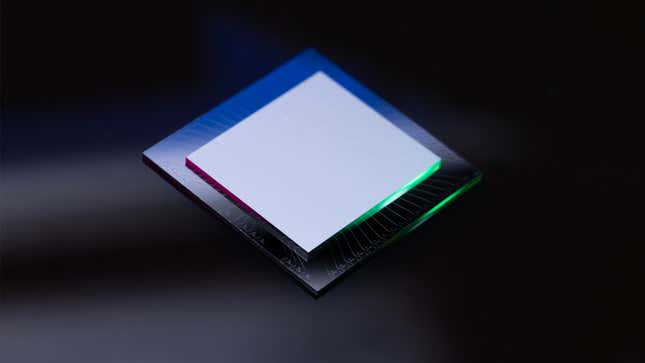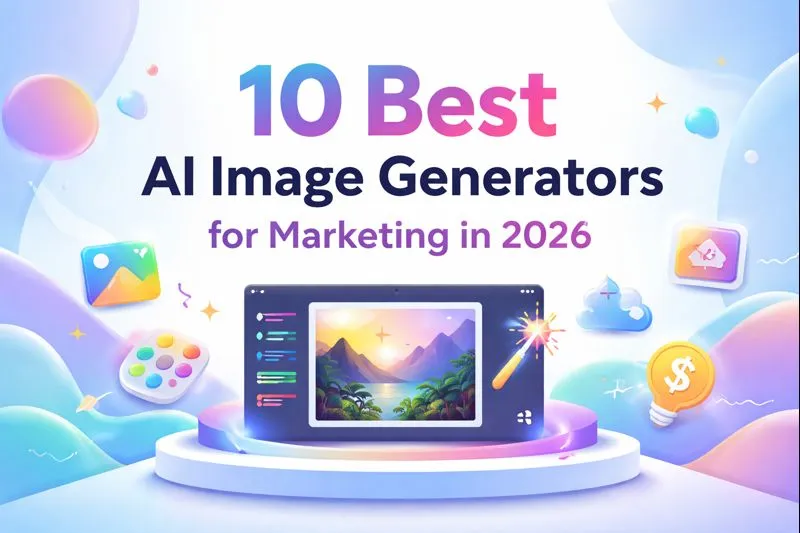Amazon and Microsoft Battle for Quantum Computing Supremacy Amidst Industry Challenges
Overview of AWS's Post-Quantum Cryptography Initiatives
AWS prioritizes the confidentiality, integrity, and authenticity of customer data through cryptographic security. Current public-key cryptographic schemes rely on mathematical problems; however, the advent of quantum computing poses a threat to these systems. AWS is proactively preparing for a post-quantum world by investing in quantum-resistant cryptographic methods. The AWS team is engaged in developing and testing new cryptographic systems, focusing on post-quantum key agreement and signature schemes to safeguard customer data.
Migration to Quantum-Resistant Cryptography
AWS collaborates with the global cryptographic community, participating in various projects and working groups to facilitate the adoption of quantum-resistant technologies. Key collaborations include:
Standards Development and Collaborations
AWS is contributing to the development of key standards to ensure the future of cryptographic security. Notable initiatives include:
The NIST Post-Quantum Cryptography standardization effort, aiming to establish quantum-resistant algorithms.
The standardization of hybrid key exchange in TLS 1.3 to ease the transition from classical to post-quantum protocols.
The AWS team has contributed to several standardization drafts and remains actively involved in defining best practices for implementing these new technologies. They can use AWS monitoring to track and secure cryptographic operations.
Open Source Contributions
AWS supports open-source initiatives to promote the development of post-quantum cryptographic solutions:
AWS Libcrypto - A cryptographic library featuring post-quantum algorithms like ML-KEM and ML-DSA.
PQ Code Package - A project aimed at building high-assurance implementations of quantum-resistant algorithms.
s2n-tls - A lightweight implementation of TLS/SSL that includes support for post-quantum key exchange.
Research and Experimentation
AWS researchers are at the forefront of advancing post-quantum cryptography through published papers addressing various challenges:
These contributions highlight AWS’s commitment to addressing the complexities of integrating post-quantum technologies.
Amazon's Quantum Computing Chip: Ocelot
Introduction of Ocelot
Amazon has introduced its first quantum computing chip named Ocelot, developed by the AWS Center for Quantum Computing in Pasadena, California. This prototype chip aims to create efficient quantum systems and reduce error correction costs significantly.

Image courtesy of Amazon
Technical Specifications of Ocelot
Ocelot employs quantum bits (qubits) that leverage superposition, allowing them to represent both 0 and 1 simultaneously. However, the complexity of using multiple qubits leads to increased error rates. Amazon claims Ocelot can reduce the number of additional qubits needed for error correction by up to 90%. The chip utilizes cat qubits, which are designed to combat bit-flip errors. According to AWS representatives Fernando Brandão and Oskar Painter, Ocelot's architecture provides a promising direction for achieving scalable quantum computing.
Future of Quantum Computing
Amazon plans to offer access to quantum chips like Ocelot through its Amazon Braket service, enabling developers to experiment with quantum computing. As AWS continues its partnership with semiconductor manufacturers, further advancements in quantum hardware are anticipated.
Microsoft’s Majorana 1 Quantum Chip
Overview of Majorana 1
Microsoft recently unveiled its Majorana 1 quantum computing chip, marking a significant advancement in quantum technology. This chip utilizes topological superconductors, enabling the creation of more stable and smaller qubits.

Image courtesy of Microsoft
Key Features of Majorana 1
Majorana 1's design focuses on achieving higher qubit counts while minimizing computational errors. Microsoft aims to scale this technology to reach one million qubits on a single chip. CEO Satya Nadella emphasizes the potential for Majorana 1 to outperform existing quantum systems significantly.
Future Applications and Implications
Majorana 1 positions Microsoft to deliver quantum solutions across various industries, including materials science, drug discovery, and financial modeling. Its integration with Azure cloud services could create a comprehensive quantum computing ecosystem.
Conclusion
For organizations looking to streamline their cybersecurity marketing efforts or leverage insights from industry developments, GrackerAI offers an AI-powered platform designed to transform security news into strategic content opportunities. Explore our services to stay ahead in the rapidly evolving cybersecurity landscape. Visit GrackerAI to learn more or contact us for a consultation.
Latest Cybersecurity Trends & Breaking News
AI Arms Race and Malware Development Malicious ML Models on Hugging Face Exploit Broken Pickle Format





